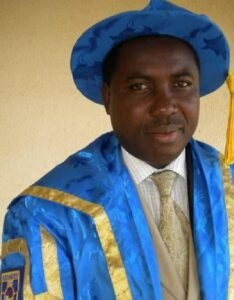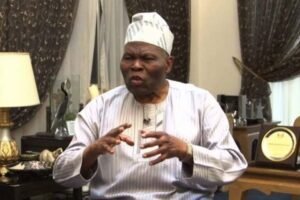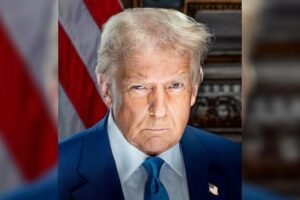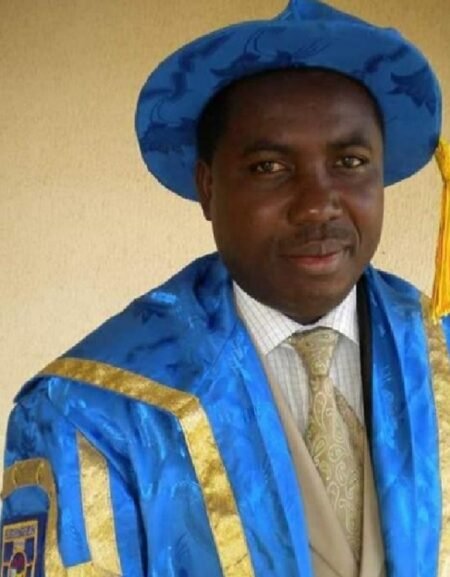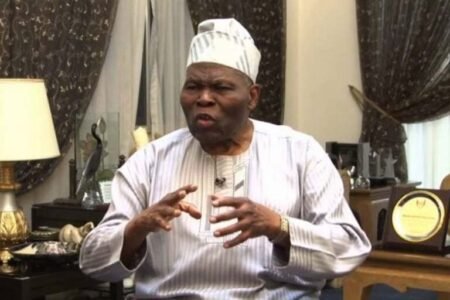A high military court in the Democratic Republic of Congo has sentenced former president Joseph Kabila to death in absentia, convicting him of treason, war crimes, and collaborating with Rwanda-backed M23 rebels.
Kabila, who ruled Congo from 2001 to 2019, has not been seen publicly since appearing in a rebel-held city earlier this year. His whereabouts remain unknown, raising questions about whether the ruling can ever be enforced.
The Kinshasa court accused Kabila of conspiring with M23 leader Corneille Nangaa and Rwanda to overthrow President Félix Tshisekedi’s government. Testimony from Nangaa’s former chief of staff, Eric Nkuba—already jailed for rebellion—allegedly placed Kabila at the centre of the plot.
Judges ordered Kabila’s immediate arrest and slapped him with staggering reparations: $29 billion to the Congolese state, plus $4 billion in damages to North and South Kivu provinces.
Joseph Kabila’s party, the People’s Party for Reconstruction and Democracy, denounced the verdict as “politically motivated,” accusing Tshisekedi’s government of trying to silence a major opposition figure.
Supporters argue the case is a witch-hunt, but government lawyers hailed the ruling as “justice for the Congolese people.”
Kabila, who once extended his presidency by delaying elections, lost power to Tshisekedi in 2018 after nearly two decades in office. His trial follows months of intensified fighting in eastern Congo, where M23 rebels seized Goma and Bukavu earlier this year, displacing millions and killing thousands.
Whether Congo’s most controversial verdict in decades will ever be enforced depends on one key question: where is Joseph Kabila?
